How do DVCS (Github, BitBucket, etc...) ensure private project code integrity?
Sure, the companies claim no intellectual rights when you upload your code to their online repositories, but how is the privacy of the project ensured so that only the people with write/commit access to such repositories can actually view the data?
What happens if you decide to, let's say, move your project to a private server or another host? Will your project be "deleted" or only "removed" from the public index?
How can you be sure that the CEO of the company where you host your project will not be able to view your data?
Do these companies go through some sort of regular certification? Or this whole deal based on trust and understanding?
